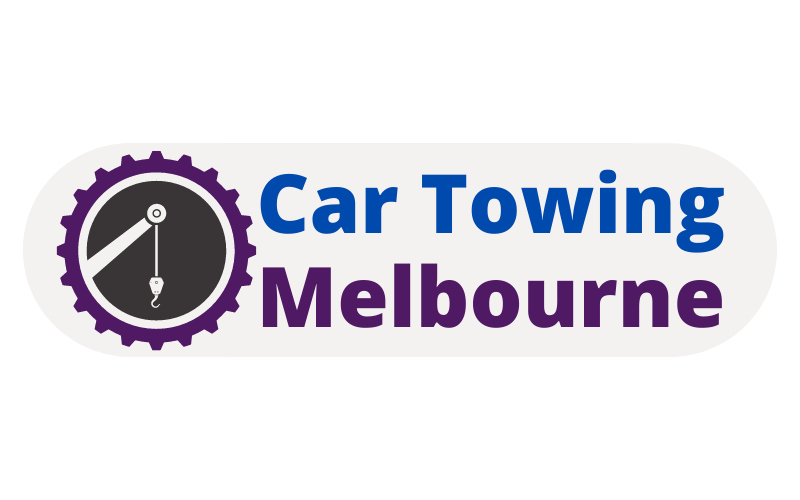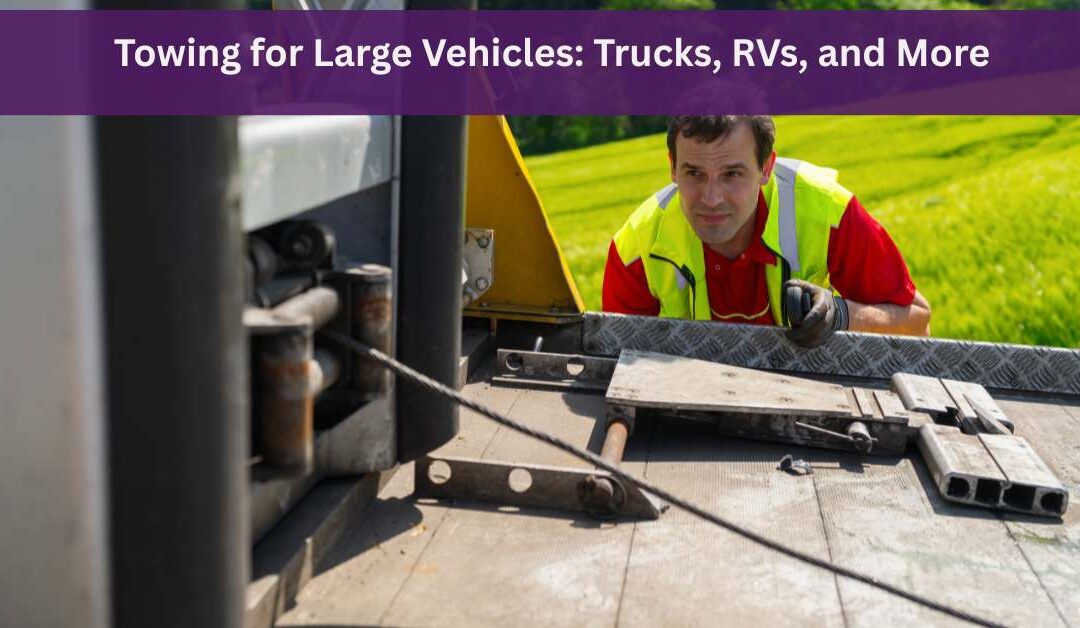Towing large vehicles such as trucks, RVs, buses, and commercial vans is a highly specialized service that requires more than just a powerful tow truck. It demands expertise, the right equipment, and a deep understanding of vehicle dynamics. Whether you’re a commercial driver, RV owner, or logistics operator, knowing how towing for large vehicles works can help you respond effectively in emergency situations and prevent further damage to your vehicle.
Understanding the Challenges of Large Vehicle Towing
Towing large vehicles involves significantly more complexity than towing standard passenger cars. These vehicles are heavier, longer, and have unique weight distributions. For example, an RV may carry additional loads like water tanks or onboard equipment, while a commercial truck might be hauling cargo that affects its balance and structure.
These factors increase the risk of damage during towing if not handled correctly. Specialized techniques and equipment must be used to ensure safety, including air cushion recovery systems, heavy-duty winches, and multi-axle tow trucks. Towing operators must consider things like axle weights, ground clearance, and road conditions before beginning a tow.
The Right Equipment for the Job
When it comes to towing large vehicles, not just any truck will do. Heavy-duty tow trucks are equipped with reinforced frames, high-capacity winches, and hydraulic lift systems designed to manage vehicles weighing over 26,000 pounds. These trucks often come with underlift attachments that can safely support the vehicle’s axles without causing damage.
Flatbeds are rarely used for heavy vehicles unless multiple beds are connected or a landoll trailer is involved. Instead, integrated tow trucks — a combination of a boom and wheel-lift system — are commonly used for their strength and stability. Operators must also carry tools like wheel skates, safety chains, air brake line kits, and recovery straps designed specifically for large and oversized vehicles.
RVs: A Unique Towing Challenge
Recreational vehicles (RVs) present their own set of towing issues. Unlike trucks or buses, RVs often have delicate exteriors, low ground clearance, and customized interiors that aren’t built for rough handling. Towing an RV improperly can result in structural damage, plumbing leaks, or alignment problems.
For RV towing, flatbed trailers are sometimes used, especially for smaller motorhomes. However, for large Class A RVs, heavy-duty integrated tow trucks are typically required. Towing professionals must also account for special considerations such as propane systems, slide-outs, and unique weight distributions.
When to Call for Heavy-Duty Towing Services
If your vehicle breaks down and weighs more than 10,000 pounds, or if it’s a truck, RV, or bus, you’ll need a heavy-duty towing service. Attempting to tow it with a standard tow truck or without the right knowledge can cause serious safety hazards. Situations that warrant professional towing include engine failure, brake issues, accident recovery, or when a vehicle becomes stuck in difficult terrain.
Heavy-duty towing providers are trained not only to recover vehicles safely but also to reduce the risk of further mechanical issues. They also have the proper insurance coverage and permits to transport oversized loads, making them the best choice for long-distance or emergency tows.
Why Expertise Matters
Towing a large vehicle is not just about horsepower; it’s about precision and planning. Experienced operators evaluate the scene, vehicle condition, and terrain before executing the tow. They also know how to secure loads, maintain proper balance, and prevent shifting during transport.
Reputable towing companies invest in training and certification programs to ensure their operators understand the legal and technical aspects of heavy towing. This is especially important in urban areas, where maneuvering a massive vehicle through traffic or narrow streets requires advanced driving skills.
Conclusion
Towing large vehicles like trucks and RVs is a demanding task that should only be handled by trained professionals with the right equipment. From understanding the mechanics of heavy-duty tow trucks to accounting for the unique challenges posed by each vehicle type, every aspect of large vehicle towing must be done with care and precision. Whether you’re managing a commercial fleet or taking a cross-country RV trip, knowing when and how to call for the right towing service can make all the difference in keeping your vehicle — and your journey — safe.
Car Towing Melbourne
142 Glenlyon Rd, Brunswick VIC 3056
(03) 7037 7625

